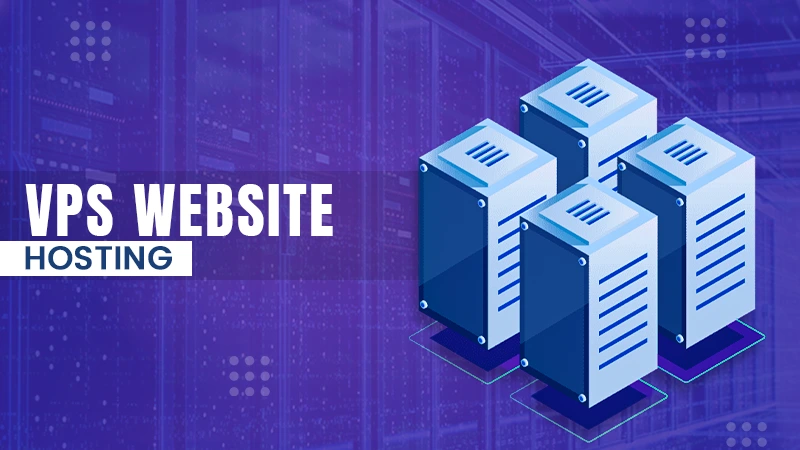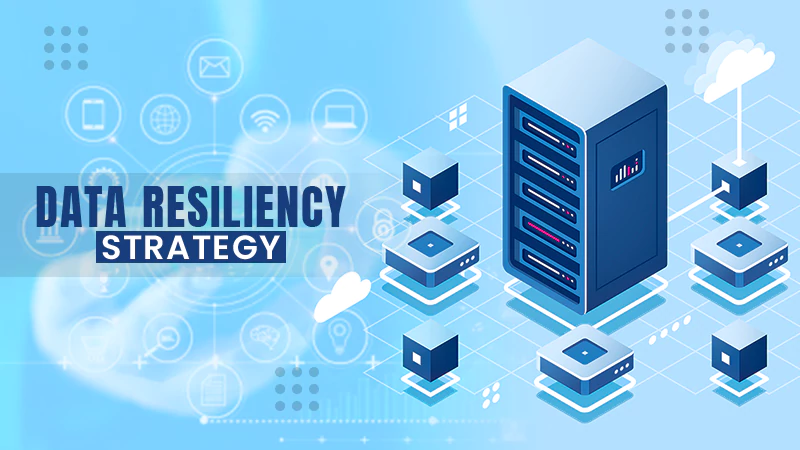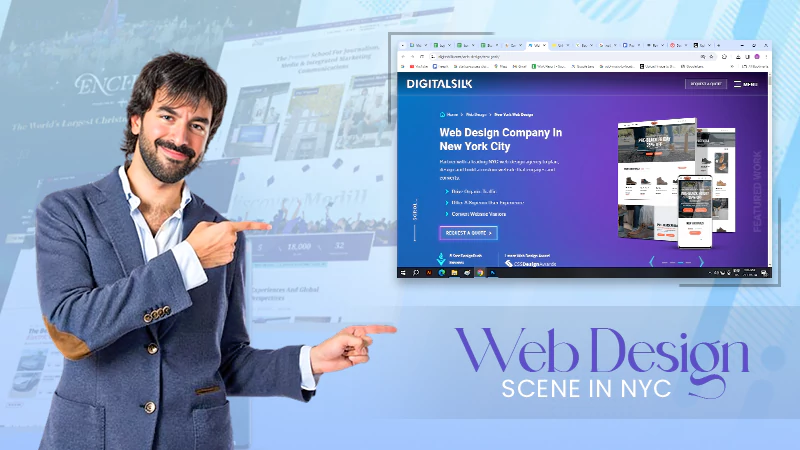It’s 2024 and the present medical system is very dependent on computers for its daily operations.
Technology has come a long way in helping the healthcare system by simplifying the processes that would take an admin or clerk hours.
And that’s not all, these systems also help hospitals keep their patient’s sensitive data and medical records safe.
From simplifying operations, protecting patient data, and maintaining compliance, healthcare management software helps care providers a lot.
But why do we need healthcare software in the first place?
Well, in this blog post, we will look at nine reasons why trustworthy healthcare software is necessary.
Different Types of Healthcare Software
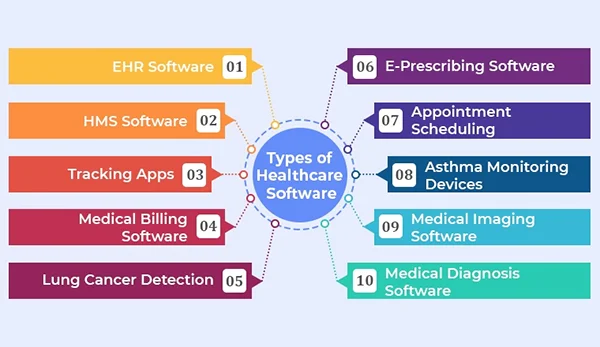
10 Reasons Why Trustworthy Software is Necessary for the Health Sector
We all need health services from time to time.
Today, with the help of technology, many institutions can easily get our medical records and give us the best care according to our situations.
DID YOU KNOW?
The US healthcare system is made up of 626 health systems that vary in size, ownership, system type, and hospital presence. The system is constantly evolving and is made up of complex relationships between providers, payers, and patients receiving care
Let’s take a look at why software is needed in the health sector.
Patient Safety
Patient safety is the number one concern for many healthcare professionals.
Having good healthcare management software can help these care providers minimize the risk of errors, malfunctions, and failures.
This prevents the doctors from dishing out, incorrect diagnoses, treatment plans, and even life-threatening situations.
Trustworthy software ensures accuracy and reliability in patient monitoring, diagnosis, and treatment.
Data Security and Privacy
Most of the healthcare system in the US has moved on from files and cabinets to a central digital database for all patients.
They use software to manage a ton of patient data daily and they need to have software that they can trust.
Good healthcare software needs to have strong security measures to protect against breaches, unauthorized access, and cyber-attacks.
This way, they can make sure that they comply with regulations such as HIPAA (Health Insurance Portability and Accountability Act).
Regulatory Compliance
You know the healthcare industry has some pretty strict regulations that are designed to protect patient rights and ensure the highest standards of care.
So, to keep up with these regulations, good healthcare software needs to be in line with regulatory standards and undergo strict testing and certification processes.
This helps healthcare organizations avoid legal issues, including fines associated with non-compliance, and allows them to continue operating efficiently.
Operational Efficiency
From patient registration to billing, trustworthy software streamlines healthcare operations, ensuring efficient use of resources, reducing administrative burdens, and minimizing the chances of errors.
This software allows individual departments and system-wide processes to run smoothly and effectively.
This ultimately leads to better patient care and operations throughout the whole organization.
Interoperability
You know, not all patients visit the same place for their health needs all the time.
This software also needs to be able to communicate and exchange data with other institutions for coordinated patient care
Trustworthy software ensures interoperability, facilitating seamless information flow across various healthcare providers and settings.
Innovation and Improved Care
The health sector is always on the lookout for innovations and technologies that can help provide their patients with the best in class care.
This is why the software used by healthcare institutions needs to be able to integrate with new technologies like AI and machine learning.
This can lead to enhanced predictive analytics and diagnostic accuracy for patients.
And, the result is a more effective and personalized patient treatment plan and overall experience.
Decision-Making Support
Today, many medical professionals depend on software for their diagnoses and treatment plans.
Using trustworthy software provides them with accurate, up-to-date information and analytics, allowing healthcare providers to make informed decisions that lead to better patient outcomes.
Reputation and Trust
Reputation, trust, and reliability are the utmost for most medical organizations.
From attracting new patients to building credibility and boosting retention rates, establishing a good reputation is key to growth and impact.
The use of trustworthy software boosts the confidence of patients and the community in the healthcare system, encouraging people to seek healthcare as needed and follow medical advice.
Cost Savings
If you take a look at long-term patient care, investing in good software for healthcare management is important.
These programs are good at reducing errors, improving operational efficiency, and preventing data breaches.
This can help organizations avoid the financial losses associated with these issues.
Compliance with Standards and Technologies
The healthcare sector is constantly changing and needs something trustworthy to adapt to these changes now and in the future.
And yes, this includes new healthcare standards, technologies, and practices.
Designed with flexibility and scalability in mind, these software programs integrate with new technologies.
This allows healthcare organizations to maintain compliance and meet future requirements.
It is necessary to fill these administrative roles with highly skilled professionals who understand the significance and complexity of industry regulations and the appropriate use of software.
By getting a health informatics degree, healthcare professionals can receive the most up-to-date information on industry standards and new software and can effectively leverage this knowledge in their various healthcare roles.
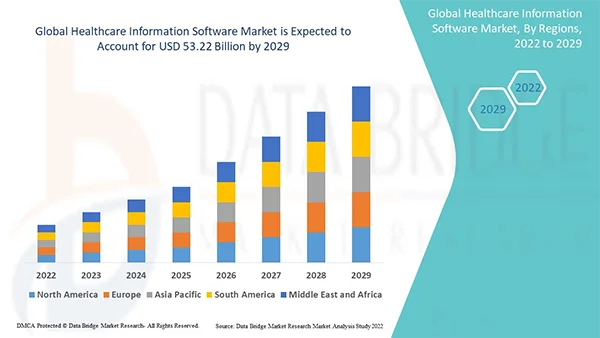
The healthcare information software market, which was USD 22.6 billion in 2021, would rocket up to USD 53.22 billion by 2029 and is expected to undergo a CAGR of 11.3% during the forecast period 2022 to 2029.
Conclusion
Trustworthy software is necessary in the health sector to ensure patient safety, data security, regulatory compliance, and operational efficiency.
It serves as the foundation for the quality of patient care and the overall effectiveness of the healthcare system.
The future of the health sector lies in the hands of good, trustworthy management software that can help doctors simplify their tasks and keep up with compliance.



